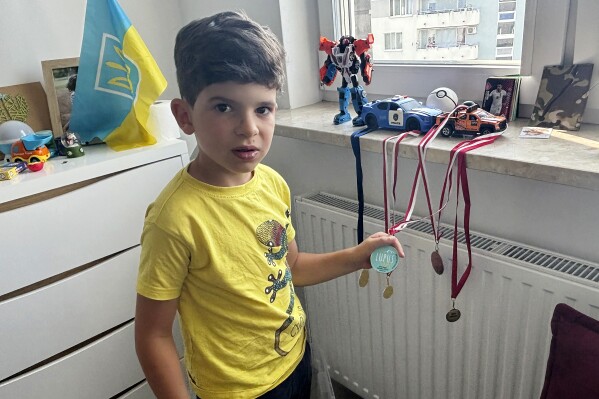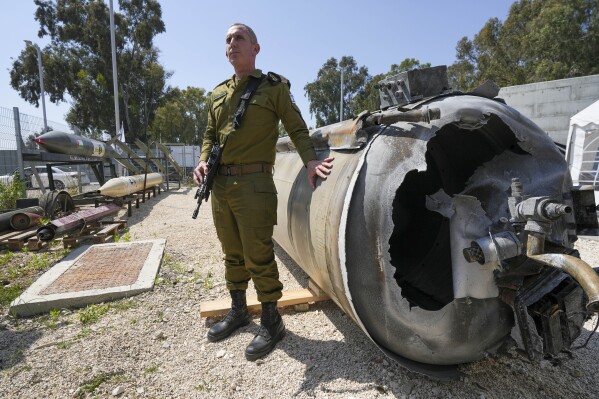Russian Scientists Told to Develop Cure for Aging: Reports
Russian scientists have been told to work on treatments that could help tackle the country's declining life expectancy as part of a decree announced by President Vladimir Putin this year that seeks to "save 175,000 lives" by 2030, according to an investigation.
In May, the Russian leader announced that one of his goals for his fifth term as president was to increase the nation's life expectancy to 78 years by 2030 and to 81 years by 2036, including by "rapid growth in healthy life expectancy."
The Federal State Statistics Service of Russia (Rosstat) released data in July that showed the average life expectancy in Russia had fallen between July 2023 and June 2024, and was 73.24 years—the same as it was in 2017—the Kyiv Post reported.
The Russian Ministry of Health's department of science and innovative development of healthcare sent a letter to Russian research institutes in June that asked doctors to urgently come up with proposals to help preserve the health of Russian citizens, independent Russian news outlets Meduza and Sistema reported on Monday.
The publications, which obtained a copy of the letter, said doctors were asked to work on the development of medical products "aimed at reducing the burden of cellular aging" with "assessment of biological age using various methods."
Examples of conditions included sarcopenia, which results in muscle loss caused by aging; senile asthenia, which is a generalized physical weakness linked to old age; and osteoporosis, a systemic skeletal disorder.
The letter also asked doctors to work on the development of "new neurotechnologies and related medical products aimed, among other things, at the prevention and development of cognitive and sensory disorders" as well as of "methods for correcting the immune system based on its identified critical indicators in aging."
Russian doctors should also work on developing "new methods of medical technologies (including medical devices) based on bioprinting technology," the letter said.
Russia's deputy prime minister, Tatyana Golikova, said in May that "the demographic trends of recent years are creating new challenges for healthcare." Russia's main focus now is the development of "advanced areas of medical technology" that will increase the country's life expectancy, she said.
One Russian doctor who received the letter in June said they were surprised that physicians were asked to work on the proposals with such urgency.
"We were asked to urgently send all our developments, and the letter arrived, let's say, today, but everything had to be sent yesterday. To be honest, this is the first time in my life that I've encountered this - usually any national project or FTP [federal target program] is preceded by a series of meetings with the participation of various specialists, some kind of public discussion," the doctor said.
A source close to the Kremlin told the publications that the government lacks the funding for a project of this scale.
"All the modern research discussed in the national project is quite expensive - it requires a lot of money and expenses. The development of new drugs costs billions, no national project can handle it, especially now," the source said. "I don't think they will be able to put together anything meaningful quickly."
Mikhail Kovalchuk, a physicist and member of an elite group close to Putin, is reported to have lobbied for the project. He "raves about eternal life and the 'Russian genome,'" a Kremlin source said.
Newsweek contacted Russian authorities for comment by email.
Disclaimer: The copyright of this article belongs to the original author. Reposting this article is solely for the purpose of information dissemination and does not constitute any investment advice. If there is any infringement, please contact us immediately. We will make corrections or deletions as necessary. Thank you.




